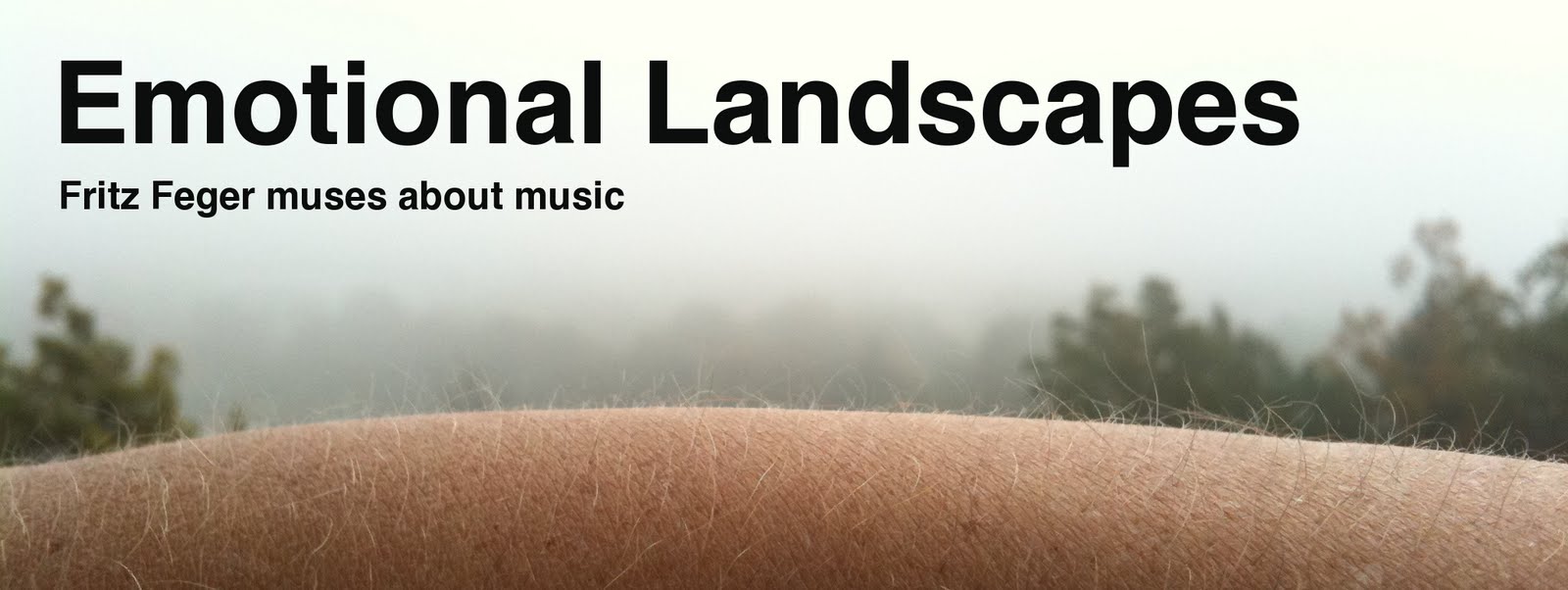Not that I have been researching weeks and weeks, but until today (since 1922) there is no other book on exactly this topic - opera librettos. Moreover the German original is not available, not even antiquarian, from which this Dr. Thomas Baker has translated it. Odd. Without wanting to rain on Amazon's parade (hardback / paperback), the full text is available online and free over here.
In one word: the book is very, very good. Back in 1922, the intellectual's and artist's world was entirely all right in Germany, it has never been that way since. Istel's book is therefore moist with a spirit of brilliance, precision, self confidence - this man plays in a league which nowadays resides somewhere else, and also in other genres. Istel regards himself (and rightfully so) as member of a network of composers and other intellectuals/artists which show the world the ropes, at least in classical music. Gluck, Mozart, Wagner, this all is still almost presence, and Istel and his friends and colleagues know the problems involved in writing operas of such a weight first hand.
This can be seen, for instance, from the fact that Istel is at no point reluctant to tell what is working and what is not. Not a trace of weakspirited or relativistic-postmodern "do it this way, or do it that way, but in the end everybody has to find his own way". At the same time, of course, not schoolmasterly, there is always the awareness that it could nevertheless be done in a completely different way. Thus one is not too much disturbed by his exaggerated adulation of the grand masters.
I give just an example for his clear advice: more that four or at maximum five leading parts are too much for the listener, and the support parts may not be psychologically complex. Support parts are types, the act always the same, never surprising, and they do not develop. Period. Or an example for a rule how to avoid dramatically dysfunctional libretti: the plot must be intelligible without comprehending the lyrics, just visually. This means to write not only with the ears, but also with the eyes. This is helpful.
Using the iPhone as Numeric Keypad with Sibelius
-
No, I am not turning this blog into an advertising agency... but this tiny
little iPhone app makes mobile life with Sibelius on the Mac so much easier
that...
16 years ago



